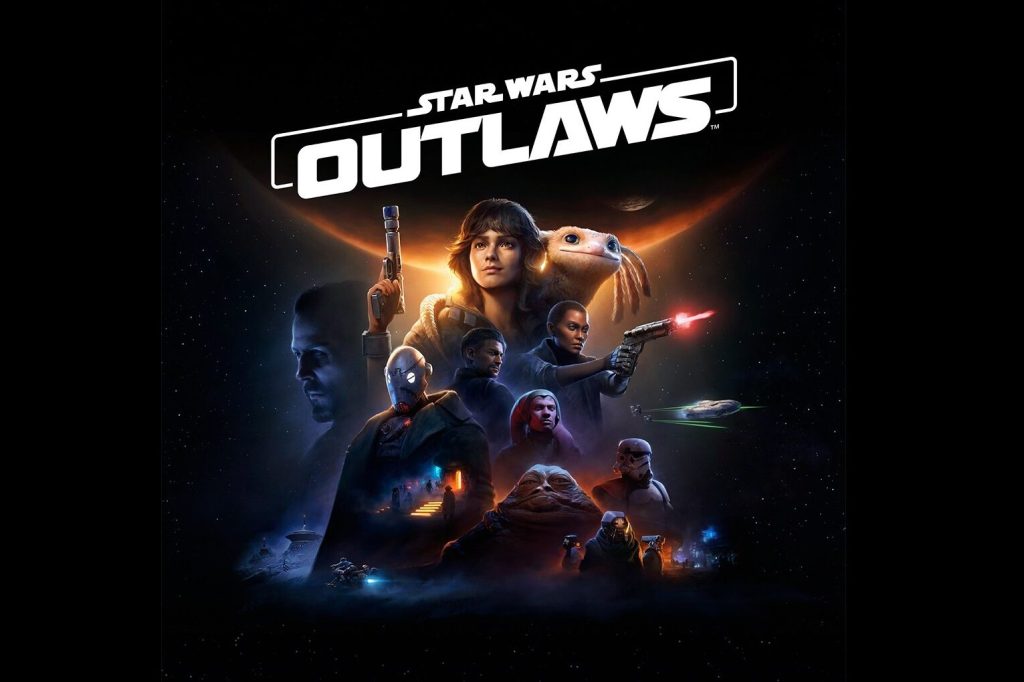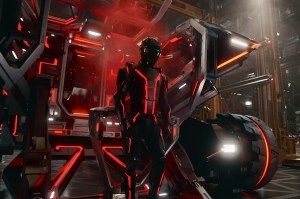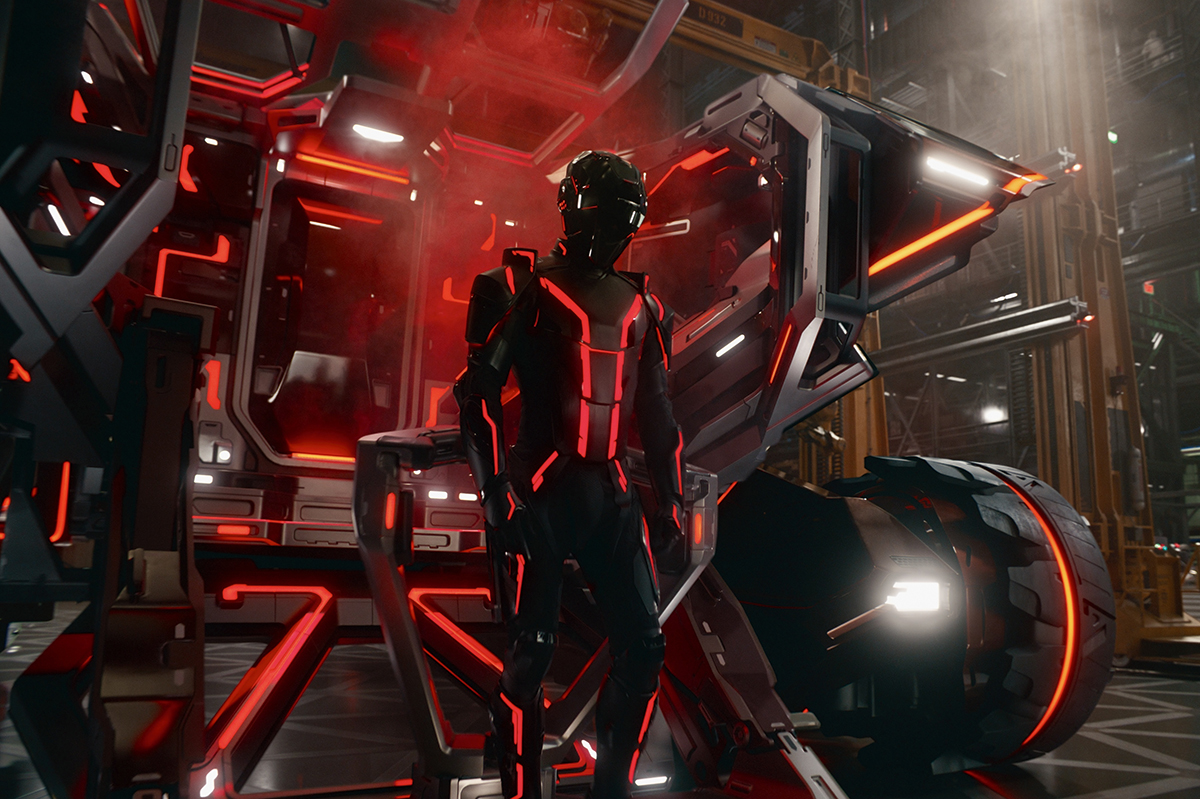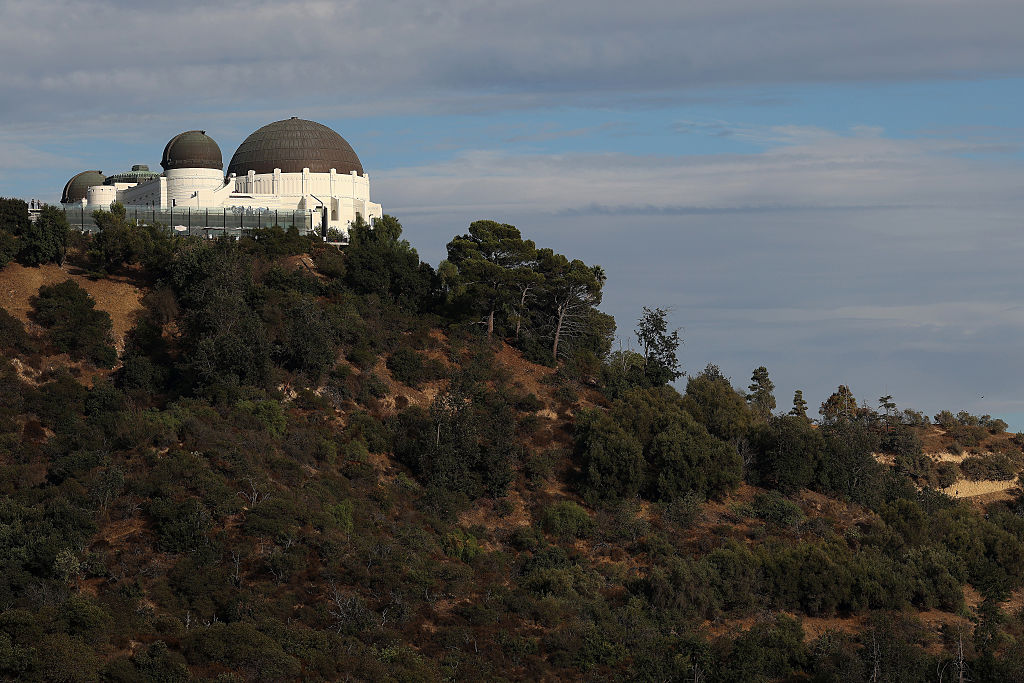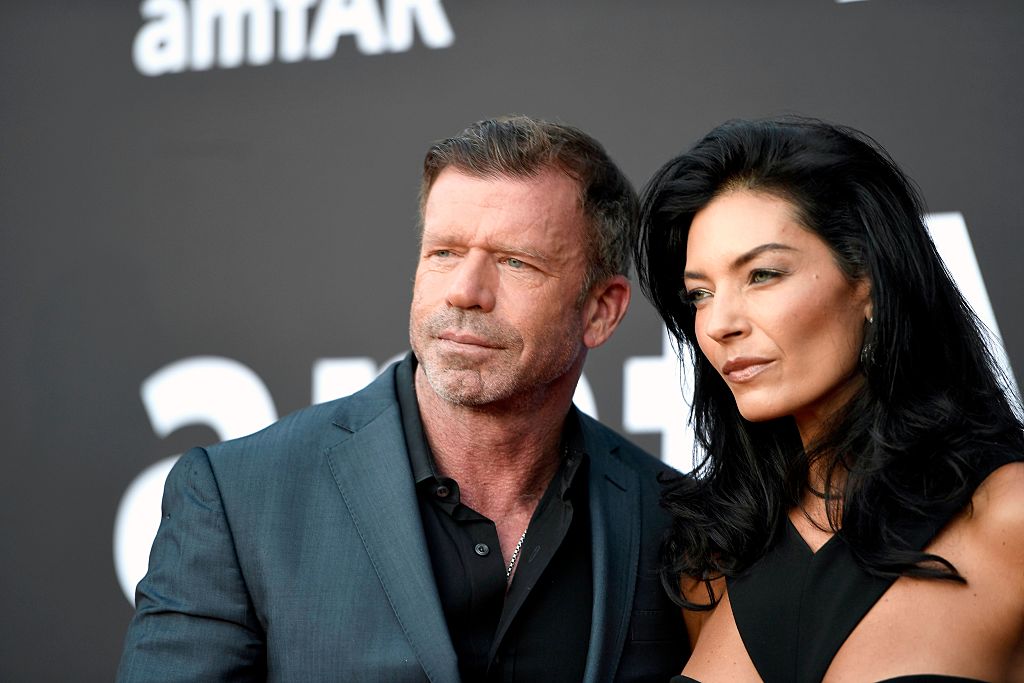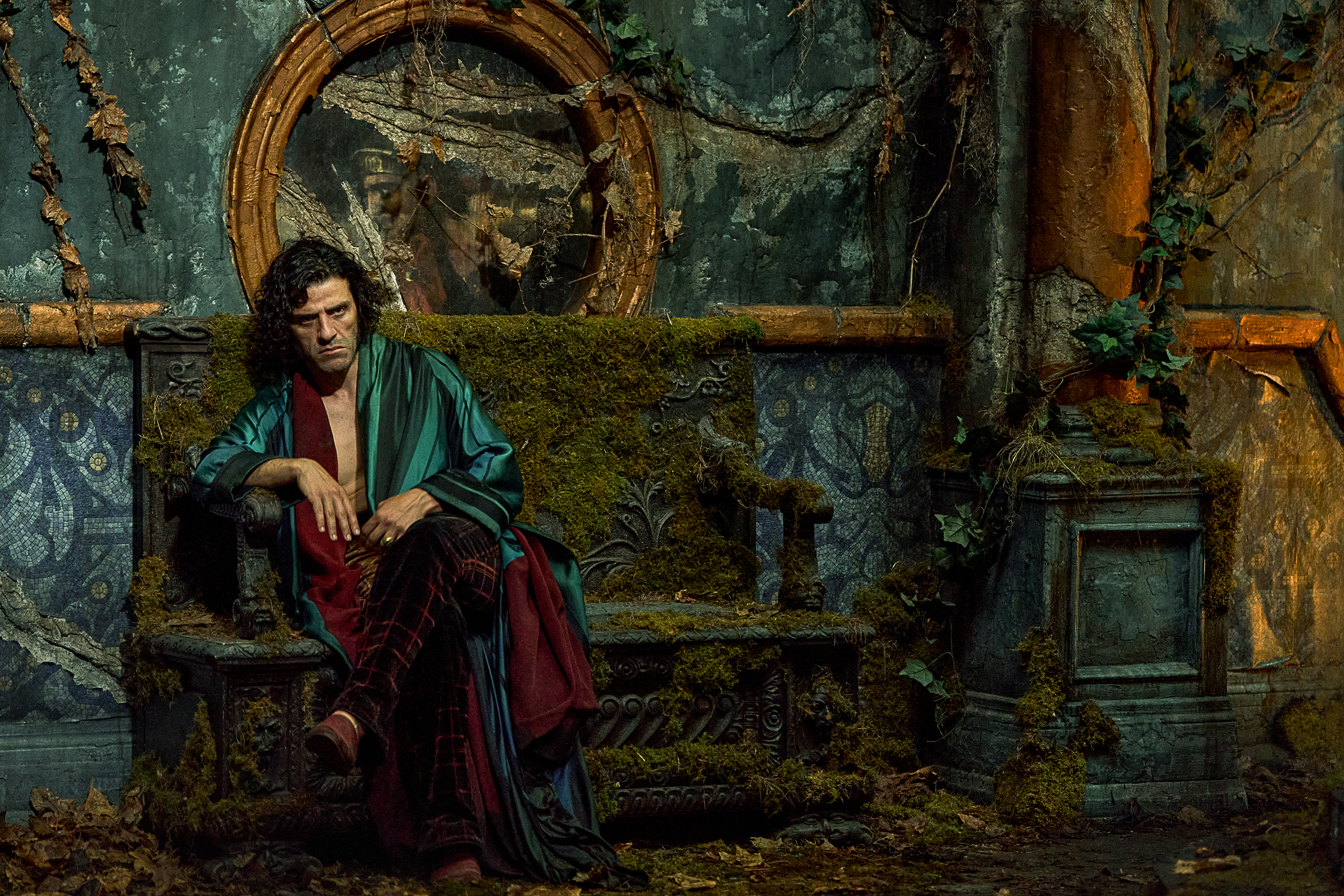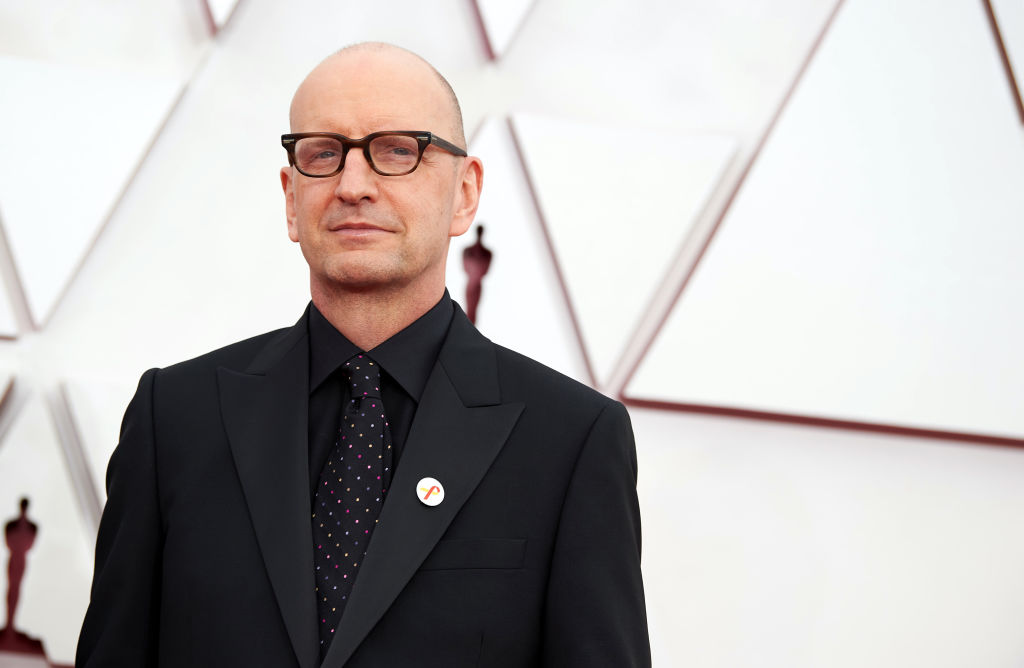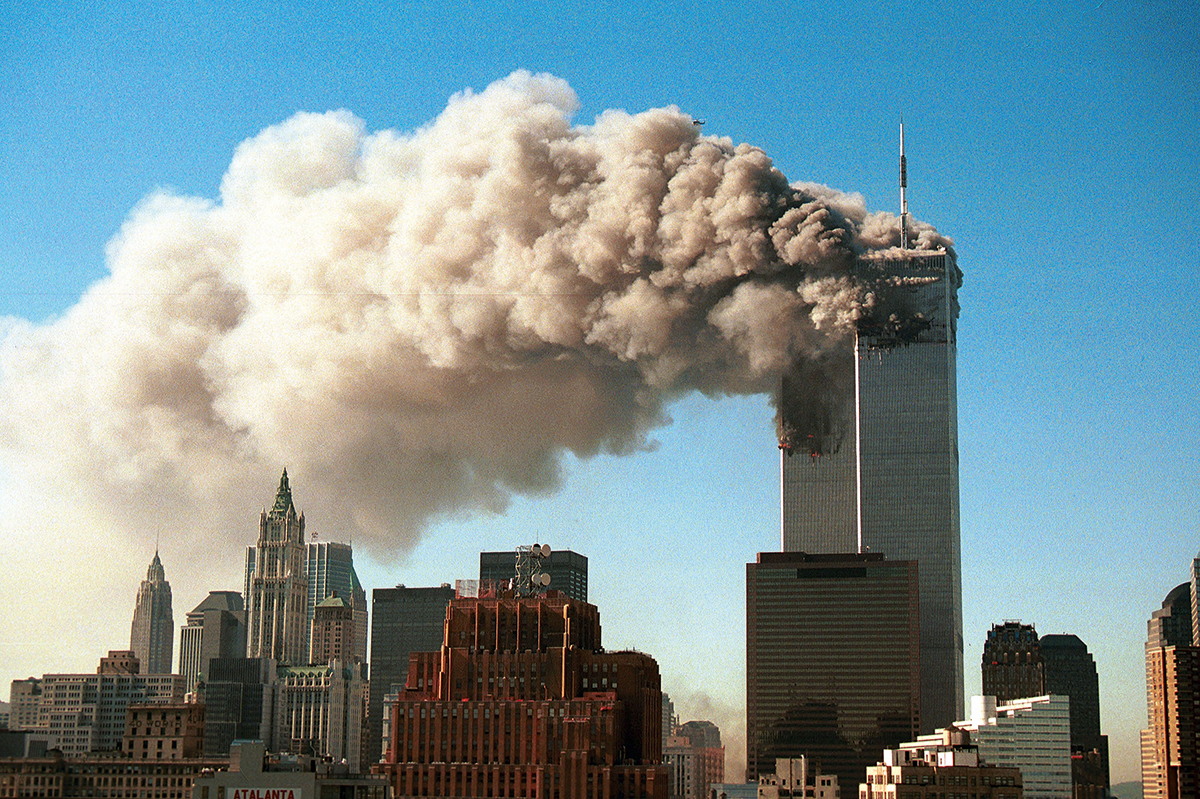The video game Star Wars Outlaws is to be released this week. The game is set between The Empire Strikes Back and Return of the Jedi — so in the universe of the original, still-greatest film trilogy — and has been several years in development. According to its “narrative director” Navid Khavari, “We didn’t just look at the original films, we looked at George Lucas’s own inspirations: Akira Kurosawa, World War Two movies like The Dambusters and spaghetti westerns. You see the care that was taken in that original trilogy to make it tonally consistent. We need to make this feel like it has high stakes, lighthearted humor, emotional tension, growth between characters [and] the hero’s journey.” All of which makes this expensive game rather more exciting than the usual run-of-the-mill fare. The player takes on the guise of Kay Vess, a young woman who lives by her wits and is planning a heist to pay off a syndicate.
A long time ago, in a galaxy far, far away, Star Wars was essential viewing
If this sounds vaguely like the crime-picture trappings of the unsuccessful Star Wars prequel Solo, then you wouldn’t be wrong. Ever since Lucasfilm was acquired by Disney in 2012, there has been an tendency, by now bordering on some sort of compulsion, to mine its intellectual property for any profitable purpose. In the case of the first of the Star Wars sequels, 2015’s The Force Awakens, this led to vast financial success, glowing reviews and a rejuvenated interest in the series. In fact, it was better than the mediocre, George Lucas-directed prequels. Another two films followed, the divisive The Last Jedi and the ridiculed (but actually quite entertaining) The Rise of Skywalker. Then the floodgates opened.
Some of the films and TV shows produced by the Disney regime have, admittedly, been splendid. Rogue One was thrilling. It delivered sheer spectacle and fun better than any of the Star Wars sequels — despite, or because, of a downbeat ending that saw the deaths of the principal cast. Its prequel (confused yet?) Andor was also popular, earning the sobriquet “a Star Wars television series for people who don’t like Star Wars,” although to be honest it’s hard to see why such people would bother watching it. Likewise, The Mandalorian did well during its first two seasons, although last year’s third installment was less enjoyable and less watched. Nevertheless, there is a feature film, The Mandalorian & Grogu, planned for 2026, as well as a possible fourth series.
And this is where Disney has got it so spectacularly wrong. What’s happened is the Marvel-ification of Star Wars. Marvel films were once entertaining, unpretentious adventures with some sly winks to comic-book connoisseurs. They became a hugely complex, virtually incomprehensible behemoth spanning several different platforms. The same is now true for the expanded Star Wars universe, where it is becoming increasingly difficult to keep up. There are now too many TV shows to list here, and the recent news that The Acolyte, the latest release, was cancelled after one series was a tacit acknowledgment that the flabby franchise is faltering. Yet still they come; the latest, December’s Star Wars: Skeleton Crew appears to be a family-friendly adventure about children adrift in the galaxy, with Jude Law as a suitably paternal Jedi guiding them on their way. (Law, incidentally, deserves some sort of medal for the number of franchises he has given gravitas to, what with his appearances in the Harry Potter prequels, Captain Marveland now this; surely his M in the rebooted James Bond is inevitable casting at this point.)
I was too young to appreciate Star Wars the first time round, but a generation of film fans and directors still talk, admiringly, about the sheer effect that seeing the pictures had on them. It brought about the realization, amid a decade in which cinema had become far more cynical, that there was still wonder and breathless fun to be had. Today, the exploitation of Star Wars’s ideas and iconography for the gawping chasm of streaming means that the wonder and awe have been swallowed whole.
I sincerely hope that Star Wars Outlaws really does live up to expectations, because it will be one of the very few offshoots of an increasingly tarnished brand that does. A long time ago, in a galaxy far, far away, Star Wars was essential viewing. But now, it’s just there, a product to be consumed or ignored, like 99 percent of the rest of what’s on the streamers. For anyone who has a child still somewhere inside them, asking to be awestruck, it’s a pity.
This article was originally published on The Spectator’s UK website.



